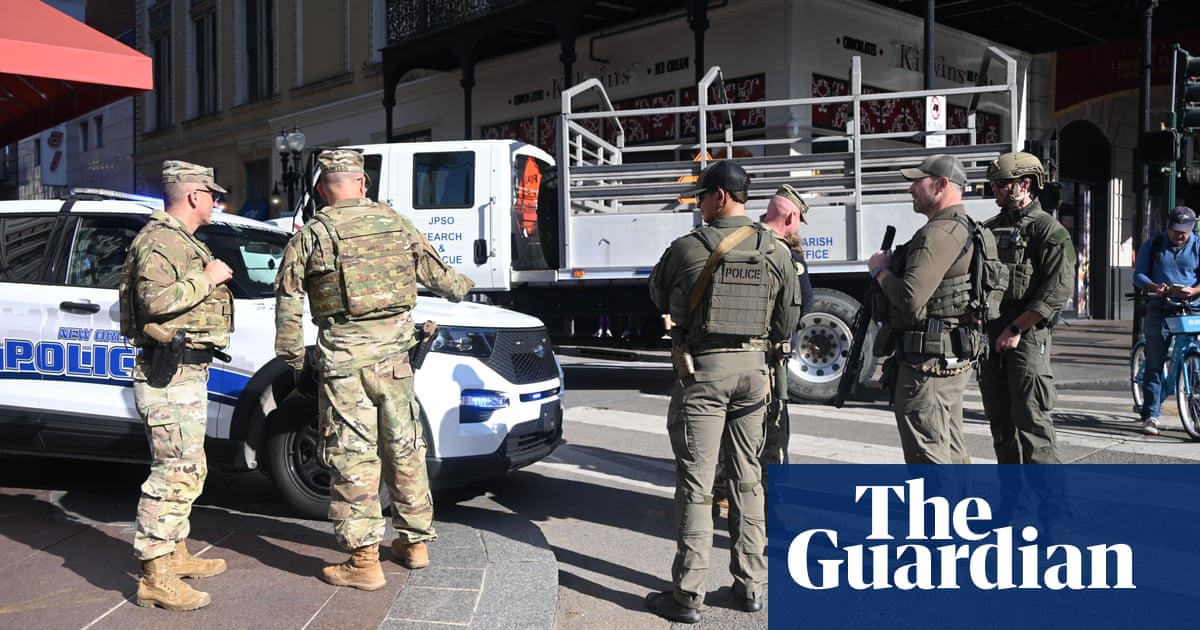The twice Booker-shortlisted writer Paul Bailey died on Sunday aged 87, his agent has confirmed. He was best known for his novels At the Jerusalem, Peter Smart’s Confessions and Gabriel’s Lament.
As well as fiction, Bailey published poetry and nonfiction, including his 1990 memoir An Immaculate Mistake, about growing up gay in a family who believed he was “not natural”, and a 2001 biography of three gay entertainers from the 20th century, Three Queer Lives. Across genres, Bailey’s work often considers what it means to be an outsider: on the fringes of society or shunned by family. He is sometimes seen as part of the “Catholic novel” tradition, after converting as an adult.
Bailey’s agent at RCW literary agency, Matthew Marland, described him as “one of RCW’s longest-standing and most beloved authors. We shall all miss him greatly.”
Born in February 1937, Bailey’s father was a road-sweeper and his mother a domestic help. He was christened Peter Bailey, but as a child imagined a twin brother called Paul “who spoke in a different voice although he had my face and wore my clothes”, he explained in An Immaculate Mistake. After attending grammar school in south London, Bailey won a scholarship to the Central School of Speech and Drama in 1953. When he joined Equity there was already a Peter Bailey registered, so he started using his imaginary brother’s name. He worked as an actor between 1956 and 1964.
When he was 30, while working as a shop assistant at Harrods, he wrote his first novel At the Jerusalem, set in an old people’s home, and described by novelist Philip Hensher as “a masterpiece of imaginative empathy”. The novel won both the Somerset Maugham award and the Arts Council Writers’ award after its publication in 1967.
Two further novels followed, Trespasses and A Distant Likeness, before Peter Smart’s Confessions was published in 1977. The story of an unhappy husband and unsuccessful actor who has attempted suicide was shortlisted for the Booker prize by a judging panel chaired by Philip Larkin. In 1986, Bailey made the Booker shortlist again, for his novel about a teenage boy whose mother disappears, Gabriel’s Lament.
In 1982, Bailey was invited to be a Booker judge, choosing Schindler’s Ark by Thomas Keneally as the winner alongside fellow judges John Carey, Frank Delaney, Janet Morgan and Lorna Sage. It was a controversial choice, as some questioned whether Keneally’s book was fiction or an imaginative work of nonfiction. “There are many things I regret doing, and being a judge for the Booker prize is one of them,” Bailey said afterwards.
“I vowed that I would never repeat the grisly experience, with the horse-trading and bargaining that was a feature of the judging process,” he wrote in the Guardian in 2012. “The vulgarity surrounding the Booker and Costa prizes is not to my pernickety taste.”
Bailey’s most recently published work was his second poetry collection, Joie de vivre, which came out in 2022. “Bailey handles narrative in a style that’s informal and plain, but eloquently uncluttered”, wrote Carol Rumens when she chose one of the poems, Nocturnal, as her poem of the week for the Guardian.
after newsletter promotion
“I write because I have to and want to. It’s as simple, or as complicated, as that,” Bailey said in his author statement for the British Council. “I share Isaac Babel’s lifelong ambition to write with simplicity, brevity and precision. It was he who said ‘No steel can pierce the human heart so chillingly as a period at the right moment.’ I hope one or two of my full stops have done, and will do, just that.”
Bailey is survived by his partner Jeremy Trevathan.

.png) 2 months ago
36
2 months ago
36













































